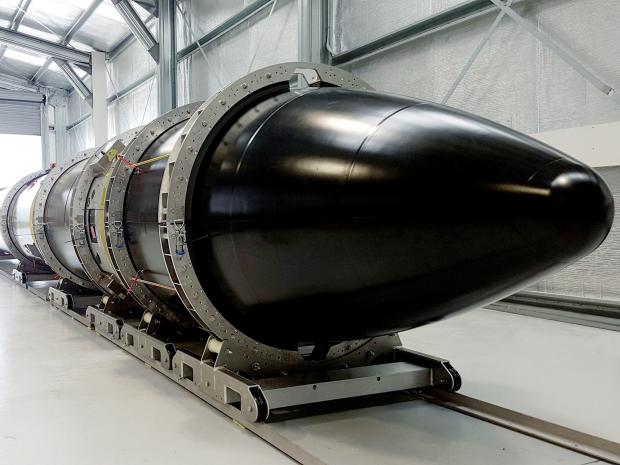
Breaking News
 Trump pardons Mets legend, 'Celebrity Apprentice' alum Darryl Strawberry over tax evasion co
Trump pardons Mets legend, 'Celebrity Apprentice' alum Darryl Strawberry over tax evasion co
 You WON'T BELIEVE How Much Money We're REALLY Sending To Israel!
You WON'T BELIEVE How Much Money We're REALLY Sending To Israel!
 China CANCELS U.S. Soybean Order?! Joel Salatin
China CANCELS U.S. Soybean Order?! Joel Salatin
 Ep 38 Jonathan Haidt: on The Anxious Generation: Childhood in Social Media Age & Fragile College ...
Ep 38 Jonathan Haidt: on The Anxious Generation: Childhood in Social Media Age & Fragile College ...
Top Tech News
 HUGE 32kWh LiFePO4 DIY Battery w/ 628Ah Cells! 90 Minute Build
HUGE 32kWh LiFePO4 DIY Battery w/ 628Ah Cells! 90 Minute Build
 What Has Bitcoin Become 17 Years After Satoshi Nakamoto Published The Whitepaper?
What Has Bitcoin Become 17 Years After Satoshi Nakamoto Published The Whitepaper?
 Japan just injected artificial blood into a human. No blood type needed. No refrigeration.
Japan just injected artificial blood into a human. No blood type needed. No refrigeration.
 The 6 Best LLM Tools To Run Models Locally
The 6 Best LLM Tools To Run Models Locally
 Testing My First Sodium-Ion Solar Battery
Testing My First Sodium-Ion Solar Battery
 A man once paralyzed from the waist down now stands on his own, not with machines or wires,...
A man once paralyzed from the waist down now stands on his own, not with machines or wires,...
 Review: Thumb-sized thermal camera turns your phone into a smart tool
Review: Thumb-sized thermal camera turns your phone into a smart tool
 Army To Bring Nuclear Microreactors To Its Bases By 2028
Army To Bring Nuclear Microreactors To Its Bases By 2028
 Nissan Says It's On Track For Solid-State Batteries That Double EV Range By 2028
Nissan Says It's On Track For Solid-State Batteries That Double EV Range By 2028
This New Goldilocks Rocket Is Juuust Right for Small Satellites

AT 4 PM local time on May 25, Rocket Lab's Electron stood on the company's private launch pad on the Mahia Peninsula in New Zealand. Perched on the edge of an eroding cliff, pointing toward the sky from the southern tip of the world, the little rocket—just 56 feet tall and 4 feet wide, meant to carry similarly small satellites—looked ready for its first trip to space.
It was.
Around 30 minutes later, the engines ignited, and water poured over the launch site to protect the pad and quiet the noise. Steam billowed up as the rocket steeled itself to rise. The engines ran for a few seconds while technicians did their checks. And then they released the Electron. It went up, in that slow-at-first way of rockets, taking three seconds to get itself above the four-story launch tower. A minute after launch, it was as high as an Air New Zealand jet, and heading higher.
With this test flight, and two more to follow, the Electron is set to become the first launcher made for, and for sale to, small satellite startups. Historically, little orbiters have had to hitch costly rides on big rockets, which, as the adjectives imply, are meant for big satellites. But having dedicated providers that tailor to their shrunken-down needs means more smallsat companies can get to space better, cheaper, and quicker. If you build a rocket, the payloads will come.

 Carbon based computers that run on iron
Carbon based computers that run on iron

